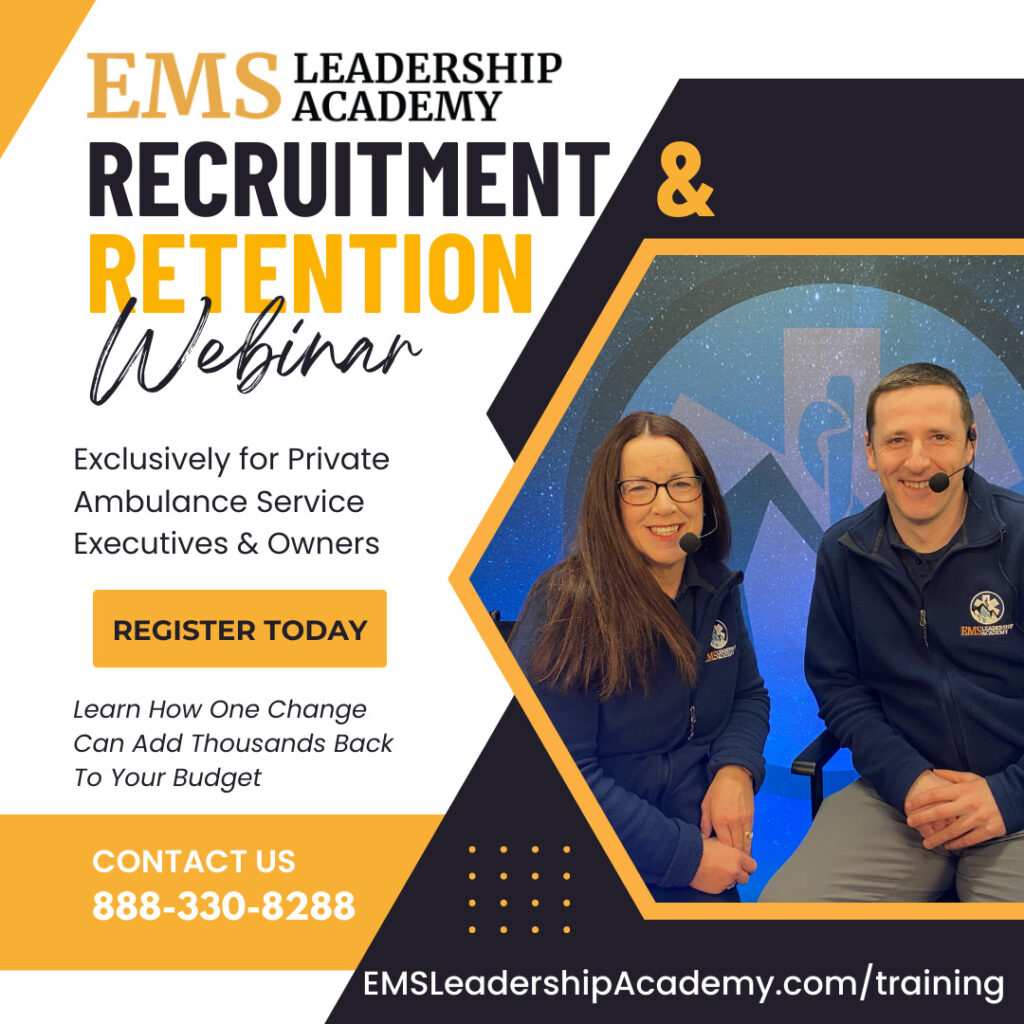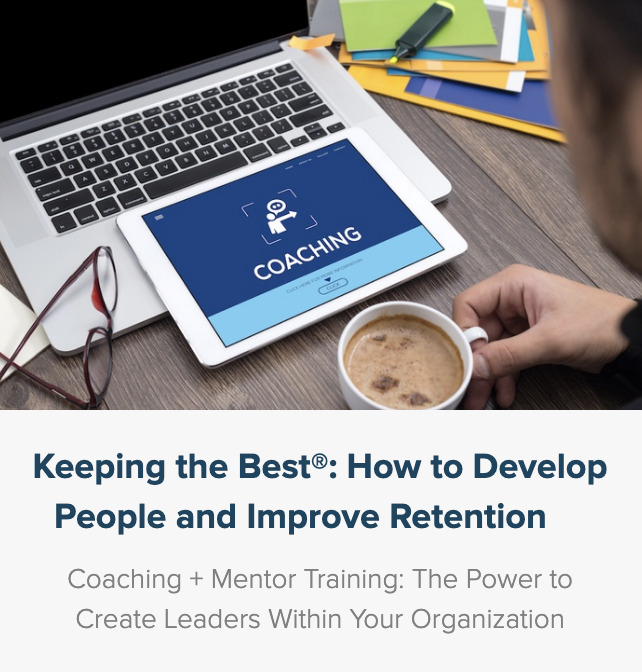- Having 100% coverage is a great goal, what if you had the problem of an abundance of people and imagine a future when you are getting 150% coverage and asking yourself “what do I do with all of these people who want to participate?”
- It’s possible people just aren’t excited to walk through your doors. What if they were? Getting curious about how your organization can make the environment SO exciting to be around and your problems with the schedule will start to shift into “what do I do with all these people?” It could be the physical environment or the emotional environment.

- Setting strong agreements with people is also key. Whether you’re looking for more volunteers or managing a large paid staff, people need to know what is expected of them through agreements. Non-verbalized agreements (or expectations) will just leave you disappointed, discouraged and at best minimally satisfied.
- People must be getting something out of this agreement to participate. Giving them a paycheck or a nice uniform is not enough. Whether it’s a board member position, or a field position, what are the other development opportunities you can offer where they can get added value from participation? Shifting from doing you a favor to them getting as much as they are getting out of being there.
What can you do?
Interview your people. What’s missing and what do they want? Take the communication mini-course and you’ll get questions that you can ask. You can also get a copy of our book, exercise #11, exercise #2 benefits of participation - success leaves clues and exercise #6 - integrity and accountability.
Welcome to today's EMS leadership, Q & A. And today's question is how do we cover these holes in our schedule and get more participation and that, and Lisa, I think this is a question that comes up time and time. Again, there's always one or two people, probably one person in an organization that is tasked with the daunting challenge of covering the schedule.
So my initial thoughts on this are, you know, having a hundred percent coverage is a great goal, but at best it can probably leave you disappointed because you know what, you're just getting to that a hundred percent. But what if you had the problem of an abundance of people and imagine a future that you're living in, where you're getting 150% coverage,
and you have people that want to participate and there's no room on your schedule to put them to create, I think, a whole nother problem of what do I do with all these people and who want to participate. Yeah. And I think you're pointing to a sort of underlying way of thinking that people have, which is how do I solve this problem in front of me?
And I think we've shared before, but I'll just, I think it's a good example of, you know, when British airways got together, because they had this terrible reputation for having lost bags, people would go on vacation, they'd have a great time. And then they get home or they'd get to the destination and they not have their bags. So no matter how great the service was,
it would leave people with not liking British airways. And so they set out to solve that problem. And everybody who was involved was descent, you know, discouraged and, and, and disillusioned. Then they had the idea through working with a group of consultants. What if we created an extraordinary arrival experience and it changed everything because then they looked at the whole picture and what they saw was what would it take to have an extraordinary arrival experience?
And then suddenly the loss bag problem got solved through this creation. And I don't think we're really trained or we're conditioned to look at life that way. And what you're pointing to is really how about that? Like how bad if we had an organization where we had so much participation that we were trying to figure out how to give everybody an opportunity to participate,
that's a different game to play. And I think the old expression is, you know, if you shoot for the stars, you hit the mood, right? So it's a whole different world. I think it's the underlying issue too, is that yes. The, the, I think we have our focus on maybe the problems instead of what's what's possible and consider that it's just possible that people aren't,
the basic issue is can learn excited to walk through the door, your doors anymore, or your organization's doors and what if they were. So, could we get curious about how the organization can make the environment so exciting to be around so magnetic that people are just drawn in and that your problems with the schedule start to shift into what do I do with all these people?
And again, it's that simple problem solving cause and effect, mentality that we've all been conditioned in that we don't even know we're doing. That really isn't the most effective way of dealing with human beings. It's great. If your car breaks down or, you know, you, you are dealing with a plumbing issue, you know? Yeah. It's like,
look for the problem and, and, and look for the source, look for the cause and effect. But with humans, it doesn't really work that way. We're just not simple cause and effect beings. So, you know, we talk about it all the time that a farmer doesn't grow crops, you know, a farmer creates an environment where crops can grow.
And if you're a leader you're not, you know, trying to schedule, fix your schedule, right. You're looking to create an environment where people want to participate. And I love how you talk about, you know, people being excited to walk through there. Yeah. That excitement is gets contagious. It's contagious too, as is the, the persistent negativity and the lack of a,
when there's a lack of a great vision for the organization and a great future. So yeah, I think another part here is that we could talk about quickly is setting expectations versus agreements. And that having strong agreements that are laid out with people is so key and that whether you're looking for more volunteers, managing a large paid staff, people need to know what's expected of them through agreements and these non verbalized agreements,
which are pretty much expectations you have with people without telling them or them leave. People will leave you disappointed and discouraged. And at best you're minimally satisfied that you got through the day. People did what you expected. Like we'll be, you know, and, and it's one of those structures that has an incredible, incredible positive impact. When you just verbalize agreements,
we can have written agreements as well. But one of my clients was sharing with me this week, that since he took this on, he, at the end of every meeting, everyone gets clear about, okay, so this is what I'm going to do. Here's what I've agreed to. And he said, suddenly the gossip, the, the, the Malays,
the discouragement people were feeling has disappeared. And that's one of the biggest reasons was just setting agreements. People understood clearly what was, what, what they were agreeing to. Absolutely. And, and people will have to be getting out of something out of this, these agreements, right. That giving them a paycheck or a nice uniform, just isn't enough.
And whether you're trying to fill that board member position or, or your field positions, you think about what are the development opportunities, what do you offer that they can get added value through participation in, in shift, you've got to shift the mindset or think about shifting the mindset from them, just doing you a favor to take a shift to what, or they're getting as much out of this participation in and out of being there as you are.
That's such a big mind shift. I mean, you took the words right out of my mouth because when people feel like they're helping you out or doing you a favor, how they participate is very different than when they feel like it's, I I'm helping you, but you're helping me. It's a, it's a really different mindset. And when you take on the mindset that you're giving versus taking that also shifts how you participate with people and it shifts how you see your own organization as a,
as a huge opportunity for people to participate. I think action steps here. What can people do right away to start to make that difference? And I think we've got some suggestions for that. Yeah. I mean, first of all, I think you really have to interview people, set out intentionally, have conversations with people and ask them, like, what do they want to get out of their participation?
You know, what, what, what interested them in participating in the first place? And is there a way to sort of fulfill on that? And, you know, we wrote a book called bringing out the best in, I'm sorry, that's my book. We wrote a book called making the good of the order, the best part of your, of your meetings,
sorry. And in there we have a lot of great exercises, but two in particular really stand out for this one is exercise too, which is called success leaves clues. And then the is exercise 11, which is really about having people see, you know, what, what's the benefit of participation. And actually there's another one that also is, I think helpful,
which is number six, which is about integrity and, and accountability, which surprisingly is a huge contributor to, to performance with people. We talked about people having agreements and operating with integrity and, and seeing accountability as a way to hold people, not only to what they agreed to, but growing and developing themselves. So, you know, that book really has,
I think, important exercises that people can do that are just hugely beneficial. Of course, our mini course, you can go EMS leadership, academy.com forward slash mini. And it's a, not so many impact. That's for sure. We've had hundreds, if not over a thousand people take that course and give us some amazing testimonials about how it's transformed the way they see their coworkers,
both in info and it bleeds over into their personal lives and the, the transformation that they start to have from seeing new perspectives from dropping labels. So I encourage everybody to do that as well. And if you have a question you want to submit, we'd love to see that you could send it to support@emsleadershipacademy.com or leave us a voicemail (888) 330-8288. And we'd love to take your question.
So thanks everyone for joining us today.



